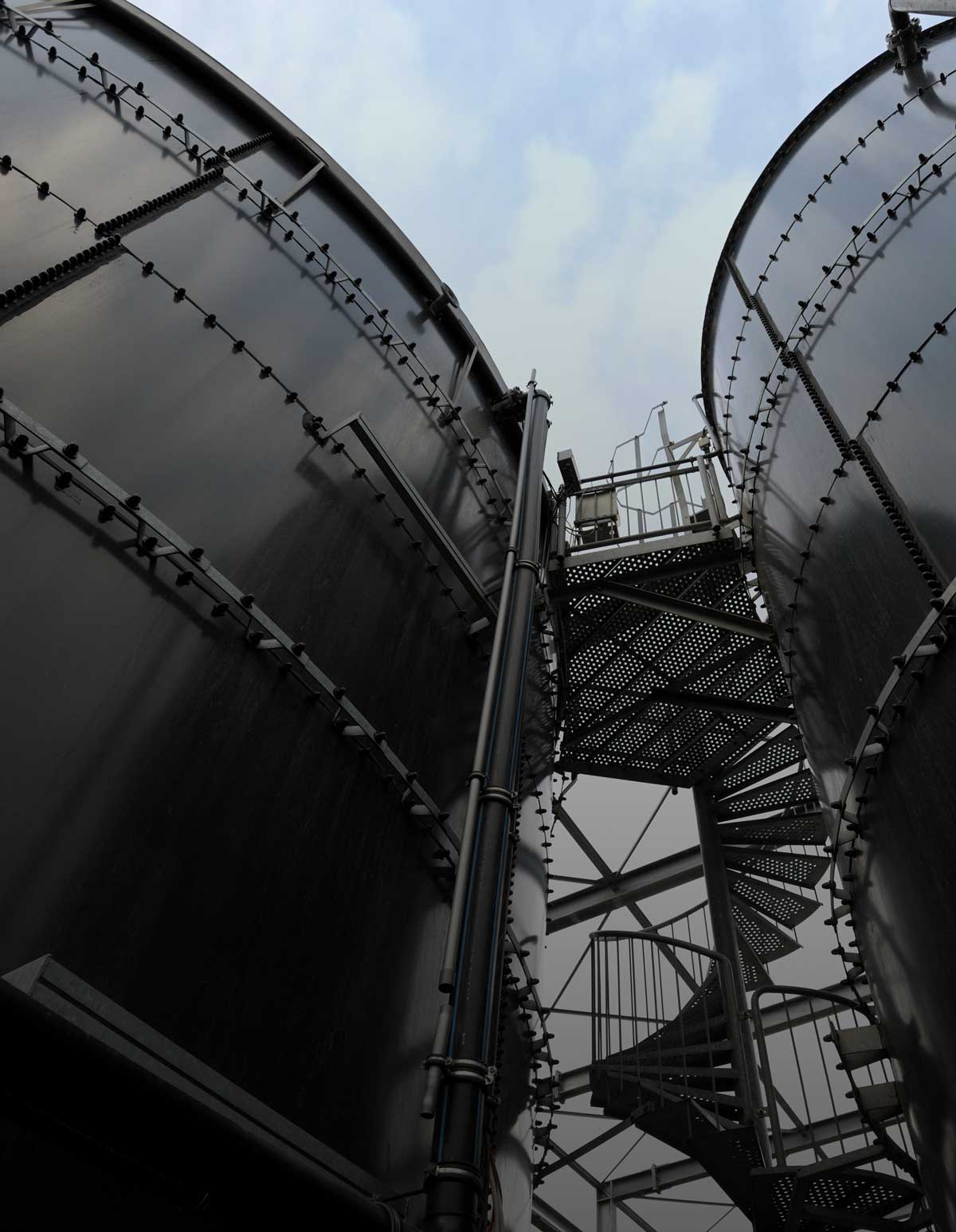ACR has published version 1.1 of the Methodology for the Quantification, Monitoring, Reporting, and Verification of Greenhouse Gas Emission Reductions and Removals from Carbon Capture and Storage Projects.
Read more
The methodology was authored by Blue Strategies and approved through ACR’s public comment and scientific peer review process.
Carbon capture and storage (CCS) is the capture of carbon dioxide (CO2) from industrial processes or direct air capture of atmospheric CO2, followed by compression, transport, and injection for permanent storage of CO2 in deep underground geologic formations. By preventing CO2 from large-scale industrial facilities from entering the atmosphere or removing CO2 that currently resides in the atmosphere, CCS is a powerful tool for addressing climate change. Only anthropogenic CO2 that would otherwise be released to the atmosphere under business-as-usual conditions is eligible to create credits under this methodology. The methodology applies to multiple CO2 source types, including electric power plants equipped with pre-combustion, post-combustion, or oxy-fired technologies; industrial facilities such as natural gas production, fertilizer manufacturing, ethanol production; polygeneration facilities (facilities producing electricity and one or more of other commercial grade byproducts); and direct air capture (DAC) facilities. CO2 transport may be by pipeline only.
While there are multiple options possible for geological storage, this methodology applies to enhanced oil and gas recovery projects only, in which CO2 is injected to enhance production from hydrocarbon-producing reservoirs or currently non-producing reservoirs. Geologic storage is defined as the placement of CO2 into a subsurface formation where it will remain safely and permanently stored. Accounting aspects of the methodology are based on the Greenhouse Gas Accounting Framework for Carbon Capture and Storage Projects, a multi-stakeholder process led by the Center for Climate and Energy Solutions, for which both ACR and Blue Strategies served as workgroup participants.
ACR is an internationally recognized carbon crediting program that operates in global compliance and voluntary carbon markets. A nonprofit enterprise of Winrock International, ACR was founded in 1996 as the first private greenhouse gas (GHG) registry in the world with the mission of harnessing the power of markets to improve the environment.



